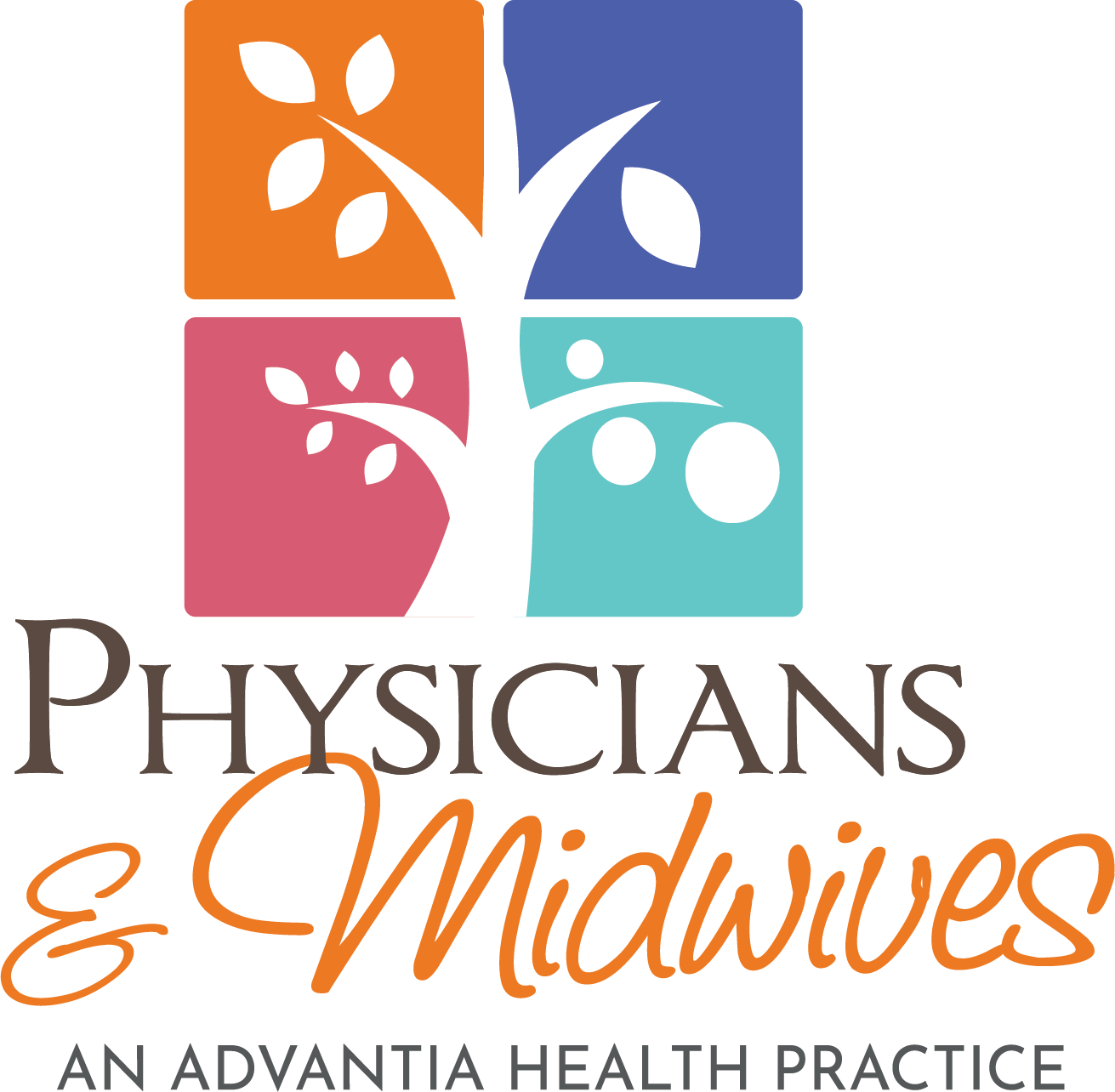
Published on: 18 October, 2012
Read Time: 4 min
The placenta was traditionally called the ‘afterbirth’, and today it’s a bit of an afterthought. While you’re staring in awe at your new baby, you’ll likely be paying scant attention to our midwife or obstetrician diligently delivering your placenta. However, the placenta plays a critical role in the development of your baby, allowing you to provide nutrition to the baby and remove waste products. While relatively rare, problems can arise with the placenta that can complicate your pregnancy or delivery.
Placenta previa
One of the important pieces of information gained from your 18-20 week ultrasound is the position of your placenta. The placenta usually forms along the front (anterior) or back (posterior) wall of the uterus, up and away from the cervix, the opening to the uterus. However, in approximately 1 out of every 200 births, the placenta blocks the opening of the cervix, a condition known as placenta previa. Researchers aren’t sure what causes placenta previa, but it is slightly more common in older mothers, women with a history of prior cesarean section or abortion and women with a history of smoking or cocaine use during pregnancy.
Placenta previa usually doesn’t cause any problems with the baby’s growth and development, but it can cause problems for the mother. Occasionally, placenta previa can result in vaginal bleeding in the second or third trimester, which is usually painless and bright red in color. If a vaginal delivery is attempted, the placenta can tear, leading to very heavy bleeding (peripartum hemorrhage), which can endanger the life of both the mother and baby. For this reason, women with placenta previa diagnosed by ultrasound are scheduled for delivery by cesarean section.
The good news is that most cases of placenta previa seen on the 18-20 week ultrasound resolve on their own; as the uterus continues to grow, the placenta moves up and away from the opening to the cervix, allowing for a safe vaginal delivery. If a placenta previa is seen on your initial ultrasound, your doctor or midwife will follow you a bit more closely, checking the position of the placenta later in pregnancy to see if a c-section might be a safer option for your delivery.
Placenta accreta
Placenta accreta is a term used to describe abnormal growth of the placenta into the wall of the uterus, such that the placenta cannot be separated from the uterus at the time of the delivery. This is a relatively rare condition, but appears to be becoming more common in recent years, now affecting up to 1 in 533 births. Researchers believe that this parallels the increased rate of cesarean deliveries, since the main risk factor for placenta accreta is the presence of surgical scars in the wall of the uterus. Placenta accreta can usually be detected on prenatal ultrasound. Attempting to separate the placenta from the wall of the uterus can lead to life-threatening hemorrhage in the mother, so doctors usually deliver the baby by cesarean section and then leave the placenta in place as they surgically remove the uterus (perform a hysterectomy).
Placenta abruptio
Placenta abruptio or placental abruption refers to the separation of the placenta from the wall of the uterus before delivery of the baby has occurred. This serious complication occurs in approximately 0.6% to 1% of all pregnancies. The most common symptoms of abruption are heavy bleeding and pain. High blood pressure, history of prior abruption, diabetes, cigarette smoking and cocaine use can increase your risk for abruption. If only a small part of the placenta separates from the uterus, a doctor may be able to closely monitor the pregnancy. If there is a larger abruption with heavy bleeding, an emergency c-section may be required.
Problems with the placenta are uncommon, but can be serious. The best way to decrease your risk is to avoid smoking and drug use in pregnancy, and see your midwife or doctor for regular prenatal care.
Physicians and Midwives, an Advantia Health Practice
Physicians and Midwives is a unique collaborative practice you won’t find anywhere else. We have 5 offices for your convenience all across Northern Virginia, including Alexandria, North Arlington, Mt. Vernon, Kingstowne, and Woodbridge. If you would like to be listened to, as well as cared for, then look no further.





